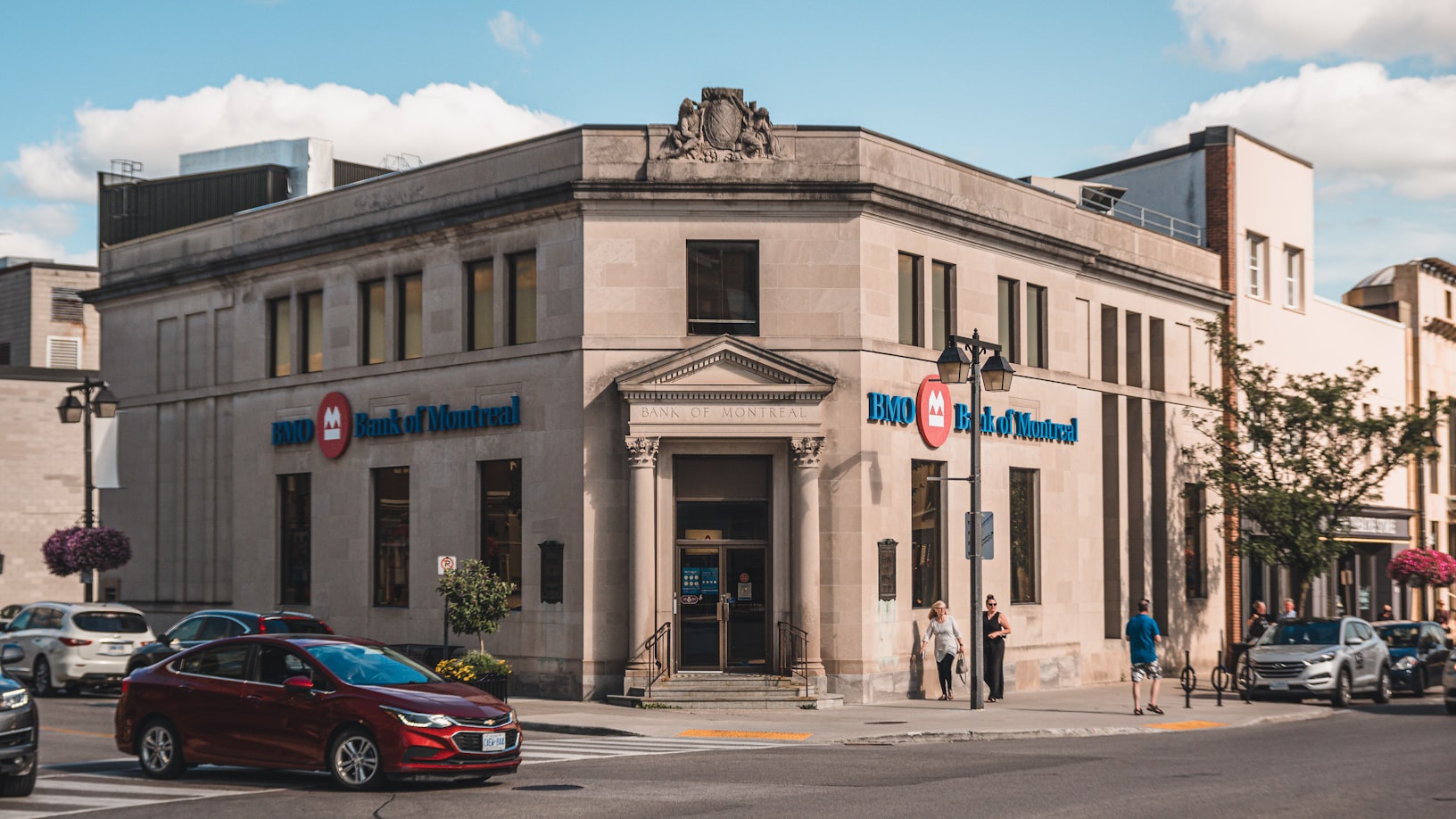When Is My First Credit Card Payment Due Discover
Getting your first credit card can be an exciting milestone in your financial journey. However, it’s important to understand the responsibilities that come with it, including making timely payments. If you’ve recently obtained a Discover credit card, you may be wondering when your first payment is due. In this article, we will explore the answer to this question and provide valuable insights to help you manage your credit card payments effectively.
Understanding Credit Card Billing Cycles
Before we dive into the specifics of your first credit card payment due date, it’s essential to understand how credit card billing cycles work. A billing cycle is the period between two consecutive statements, usually lasting around 30 days. During this time, you can make purchases using your credit card, and these transactions will be recorded on your statement.
At the end of each billing cycle, your credit card issuer will generate a statement that outlines your transactions, outstanding balance, minimum payment due, and the due date for that payment. It’s crucial to review your statement carefully to ensure accuracy and to understand your payment obligations.
Discover Credit Card Payment Due Date
Discover credit cardholders typically have a grace period of at least 25 days from the end of their billing cycle to make their payment. This grace period allows you to pay off your balance without incurring any interest charges. However, it’s important to note that interest may still accrue on cash advances and balance transfers during this period.
The due date for your first credit card payment will depend on when you activated your card and when your billing cycle ends. Discover provides a convenient online portal and mobile app where you can access your account information, including your statement due date. Alternatively, you can refer to your physical statement or contact Discover’s customer service for assistance.
Managing Your Credit Card Payments
Now that you know when your first credit card payment is due, let’s explore some tips to help you manage your payments effectively:
- Set up payment reminders: Missing a credit card payment can have serious consequences, including late fees and a negative impact on your credit score. Set up payment reminders through your phone, email, or calendar to ensure you never miss a due date.
- Consider automatic payments: If you’re confident in your ability to pay your credit card bill in full each month, setting up automatic payments can be a convenient option. This way, you won’t have to worry about remembering to make the payment manually.
- Pay more than the minimum: While the minimum payment is the minimum amount you need to pay to avoid late fees, it’s always advisable to pay more if you can. By paying more than the minimum, you can reduce your overall interest charges and pay off your balance faster.
- Monitor your spending: Keeping track of your credit card spending is crucial to avoid overspending and accumulating debt. Regularly review your statements and identify any unnecessary expenses or areas where you can cut back.
- Utilize online tools: Discover offers various online tools and resources to help you manage your credit card payments effectively. Take advantage of these tools to track your spending, set budgeting goals, and monitor your payment history.
- Seek professional advice if needed: If you find yourself struggling to manage your credit card payments or facing financial difficulties, don’t hesitate to seek professional advice. Credit counseling agencies can provide guidance and assistance in creating a repayment plan.
Frequently Asked Questions (FAQ)
1. Can I change my credit card payment due date?
Yes, many credit card issuers, including Discover, allow cardholders to change their payment due dates. Contact Discover’s customer service to inquire about the process and any requirements.
2. What happens if I miss my credit card payment due date?
If you miss your credit card payment due date, you may be subject to late fees and penalties. Additionally, your credit score may be negatively impacted, making it harder to obtain credit in the future.
3. Can I make multiple payments throughout the month?
Yes, you can make multiple payments throughout the month to reduce your outstanding balance. However, it’s important to ensure that at least the minimum payment is made by the due date to avoid late fees.
4. What if I can’t afford to pay my credit card bill in full?
If you can’t afford to pay your credit card bill in full, it’s still important to make at least the minimum payment by the due date. This will help you avoid late fees and negative impacts on your credit score. However, paying more than the minimum is always advisable to reduce interest charges.
5. How can I track my credit card spending?
Discover provides online tools and resources to help you track your credit card spending. You can access your account information through their online portal or mobile app, where you can view your transactions, monitor your balance, and set spending alerts.
6. What should I do if I suspect fraudulent activity on my credit card?
If you suspect fraudulent activity on your credit card, contact Discover’s customer service immediately. They will guide you through the necessary steps to protect your account and investigate the unauthorized charges.
Summary
Understanding when your first credit card payment is due is crucial for managing your finances effectively. Discover credit cardholders typically have a grace period of at least 25 days from the end of their billing cycle to make their payment. By setting up payment reminders, monitoring your spending, and utilizing online tools, you can ensure timely payments and avoid unnecessary fees. Remember to pay more than the minimum if possible and seek professional advice if you encounter financial difficulties. By following these guidelines, you can establish a strong foundation for responsible credit card usage and financial well-being.
